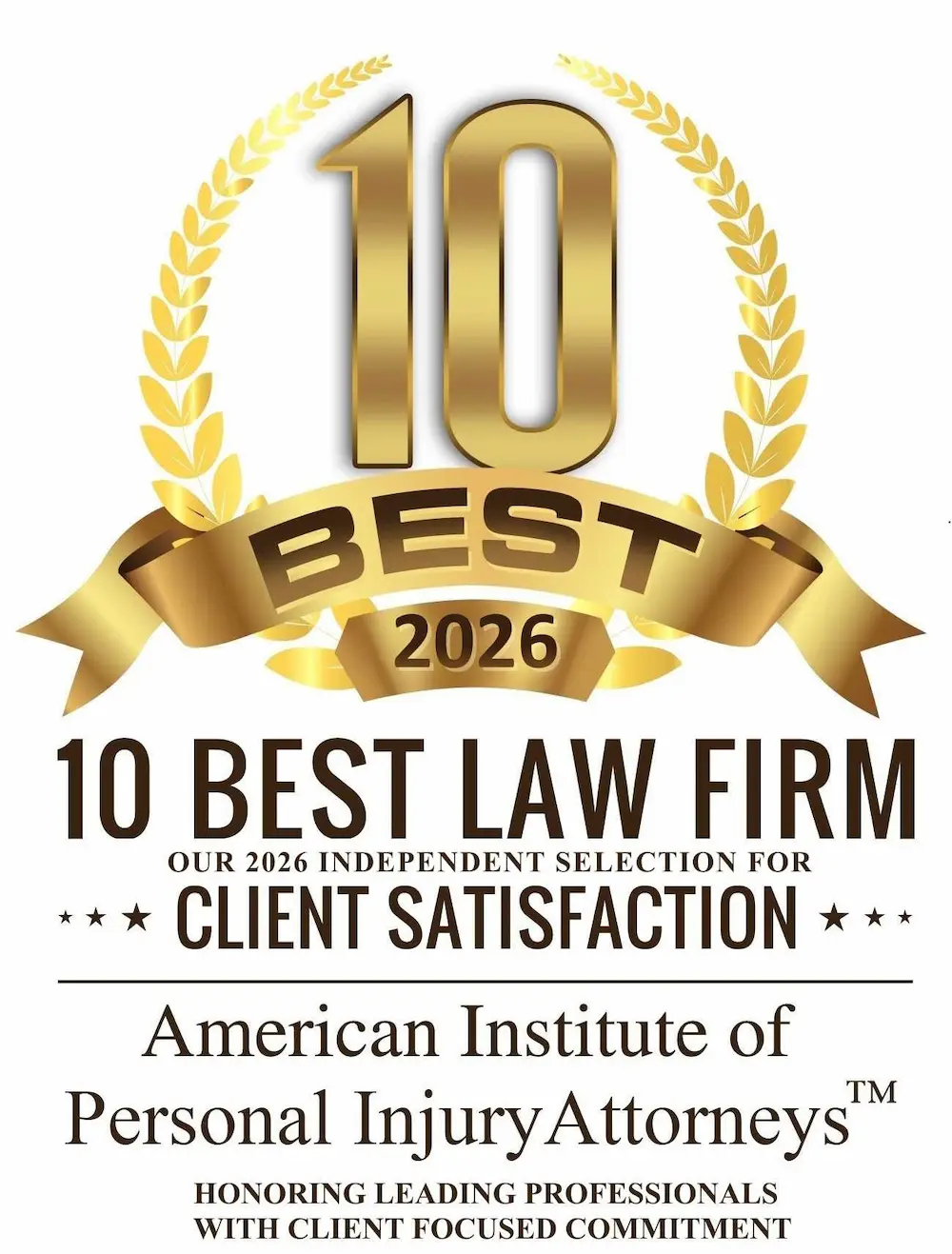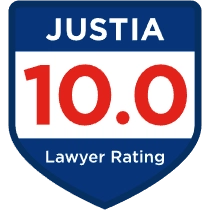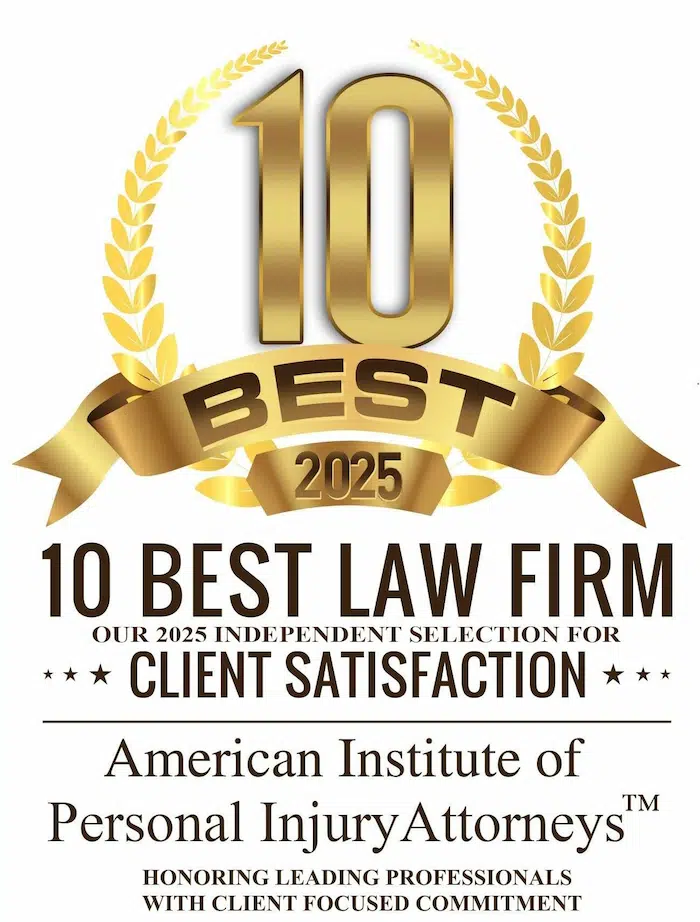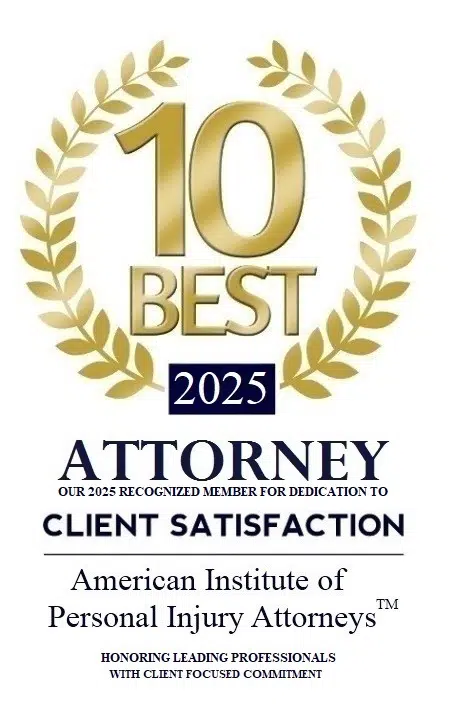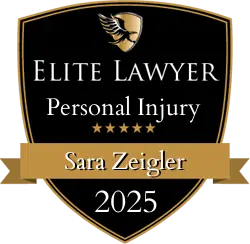Most people have borrowed a vehicle, or loaned out their own, to friends and family members at some point. While this can seem like a generous act, it is important to think about the legal implications of doing so. If someone borrows your vehicle and is involved in a crash, determining who is liable can become quite complicated. Although many motorists assume that insurance follows the driver, the law in West Virginia stipulates that insurance follows the vehicle. So, does insurance cover if you let someone borrow your car? Below, our West Virginia car accident attorney explains important things to know about loaning someone your vehicle.
Whose Insurance Covers a Borrowed Car in West Virginia?
Under the West Virginia Code §33-6-29, liability insurance does not follow the driver but instead, the vehicle. This means that if someone obtains permission to borrow someone else’s car, the owner’s insurance will cover damages. This rule is important for both borrowers and owners. If you loan your car to a family member or friend, your insurance may be liable even if you were not directly involved in the accident.
Proving that permission was given to take the vehicle is of critical importance in a case. Disagreements can arise if the person who borrowed the vehicle did not ask permission to use the vehicle, or if the owner claims that they refused to allow someone to drive their vehicle.
Legal Doctrines Regarding Borrowed Vehicle Accidents in West Virginia
West Virginia law also places the responsibility on vehicle owners to determine if someone is fit to drive their vehicle. For example, if someone loans their car to a person who does not have a license, is impaired, or has a history of auto accidents, the owner can be held liable if the borrower causes an accident. This is known as negligent entrustment, and it is meant to protect accident victims.
Another factor impacting car accidents in borrowed vehicles is the family purpose doctrine. Under this doctrine, the head of household may be found responsible for an accident when a family-owned car is used for family or household purposes. For example, a teenager may use the family car to get groceries and run other errands. Or, a spouse may drive the family vehicle to pick up furnishings for the home. In these situations, the head of household may be found liable if the borrower is involved in an accident while using the vehicle.
If I Borrow a Car, Whose Insurance Covers It?
While a vehicle owner’s insurance is the first option for injured individuals to claim compensation if a borrower causes an accident, it does not mean the person driving does not face any liability at all. If the damages exceed the owner’s liability insurance policy, the insurance company representing the borrower may be liable for paying the remaining damages. In serious car accidents, the damages often exceed the minimum policy limits of just one driver, and so, this can ensure that accident victims recover full compensation.
Whose Insurance Covers Loaned Car Accidents if the Borrower is Not at Fault?
The owner of the vehicle is only liable for a car accident if the person who borrowed it caused the crash. If another driver caused the crash, the situation can become a bit more complicated. The insurance company representing the liable party should be primarily responsible for paying damages.
Borrowers and vehicle owners alike may think this is the ideal situation, as they may not even have to inform the owner’s insurer of the accident. This is a costly mistake. Most insurance policies require policyholders to inform the insurance company of all accidents, even those the owner was not liable. Failing to do this can result in the insurer canceling the policy.
When filing a claim against another negligent driver, it is critical to collect strong evidence that proves fault. This can include police reports, witness statements, and photos or video footage of the accident scene. During this process, borrowers and vehicle owners need to remain honest about what occurred, but not to say anything that can be misconstrued as accepting liability or blame for the crash.
Tips for Safely Borrowing or Loaning a Vehicle
Clearly, the situation can become quite complicated if someone borrows a vehicle and is involved in a crash as a result. To make things easier, there are tips both borrowers and vehicle owners should know. Vehicle owners should always ensure that they keep their insurance information in the vehicle, as required by West Virginia law. They should also inform borrowers of where this information is located in case they are in a crash or pulled over by police. Before loaning their vehicle to someone, owners should also review their insurance policy to confirm that it covers people who borrow the vehicle.
People who wish to borrow someone else’s vehicle should always confirm that the auto insurance policy on the vehicle covers them. They should also document the fact that they had permission to use the car. A text message is enough proof that the owner gave their permission for the use of the vehicle. If not already told, borrowers should also ask the owner where the insurance information and registration are kept in the vehicle.
ZIP Codes We Serve
Our car accident attorneys are committed to providing sound legal advice to injured individuals throughout West Virginia. The following are just a few of the ZIP codes throughout the state we serve:
- 24719
- 24739
- 24808
- 24813
- 26120
- 26137
- 26143
- 26541
- 26543
- 26547
- 26554
Call Our Car Accident Attorney in West Virginia Today
Many factors can make car accidents complicated, particularly when the owner of the vehicle was not driving at the time. At Kaufman & McPherson, our West Virginia car accident attorney can provide the sound legal advice you need and help you navigate the process so you obtain the full and fair settlement you are entitled to. Contact us to schedule a consultation and to get the legal help you need.


